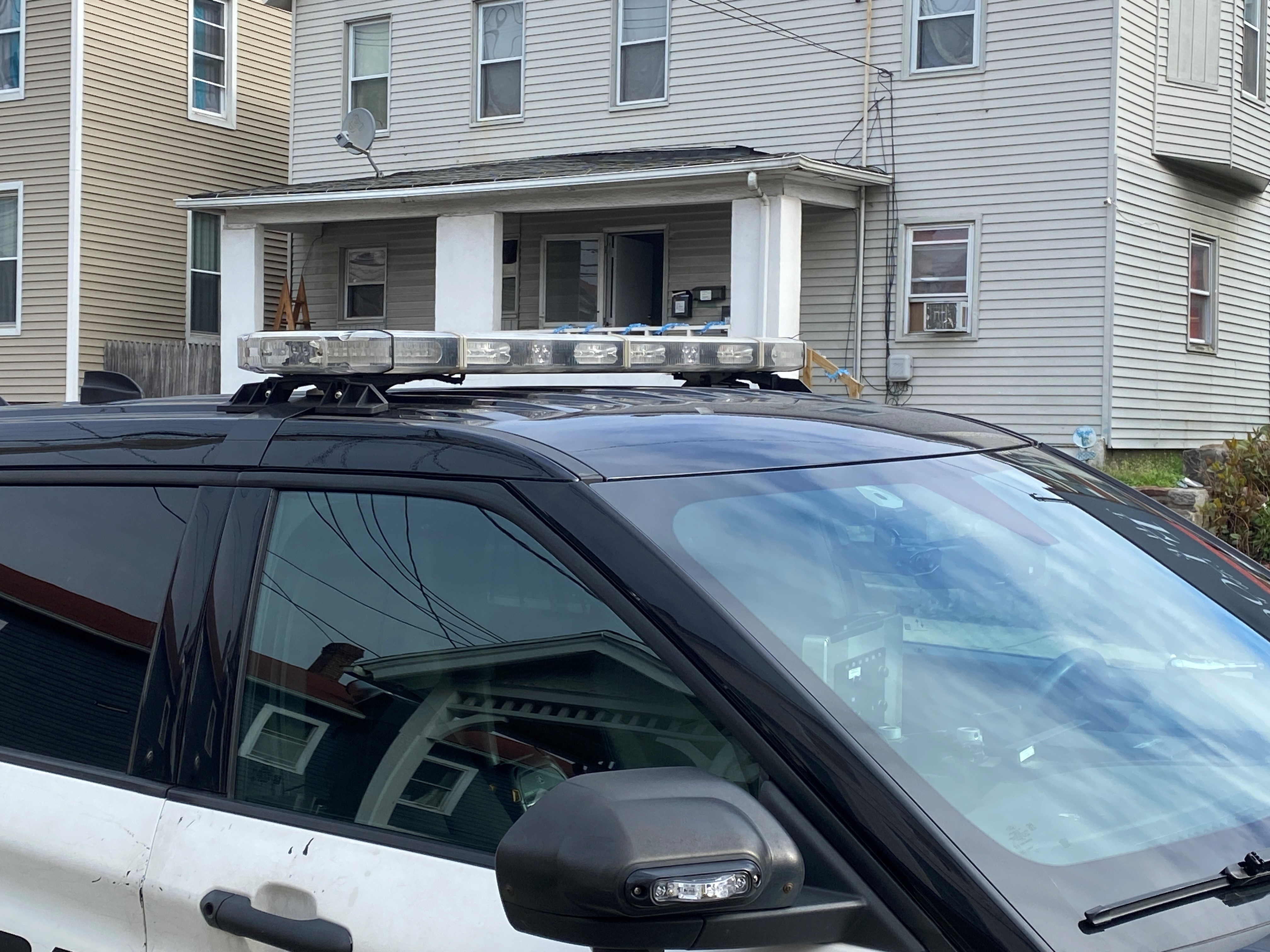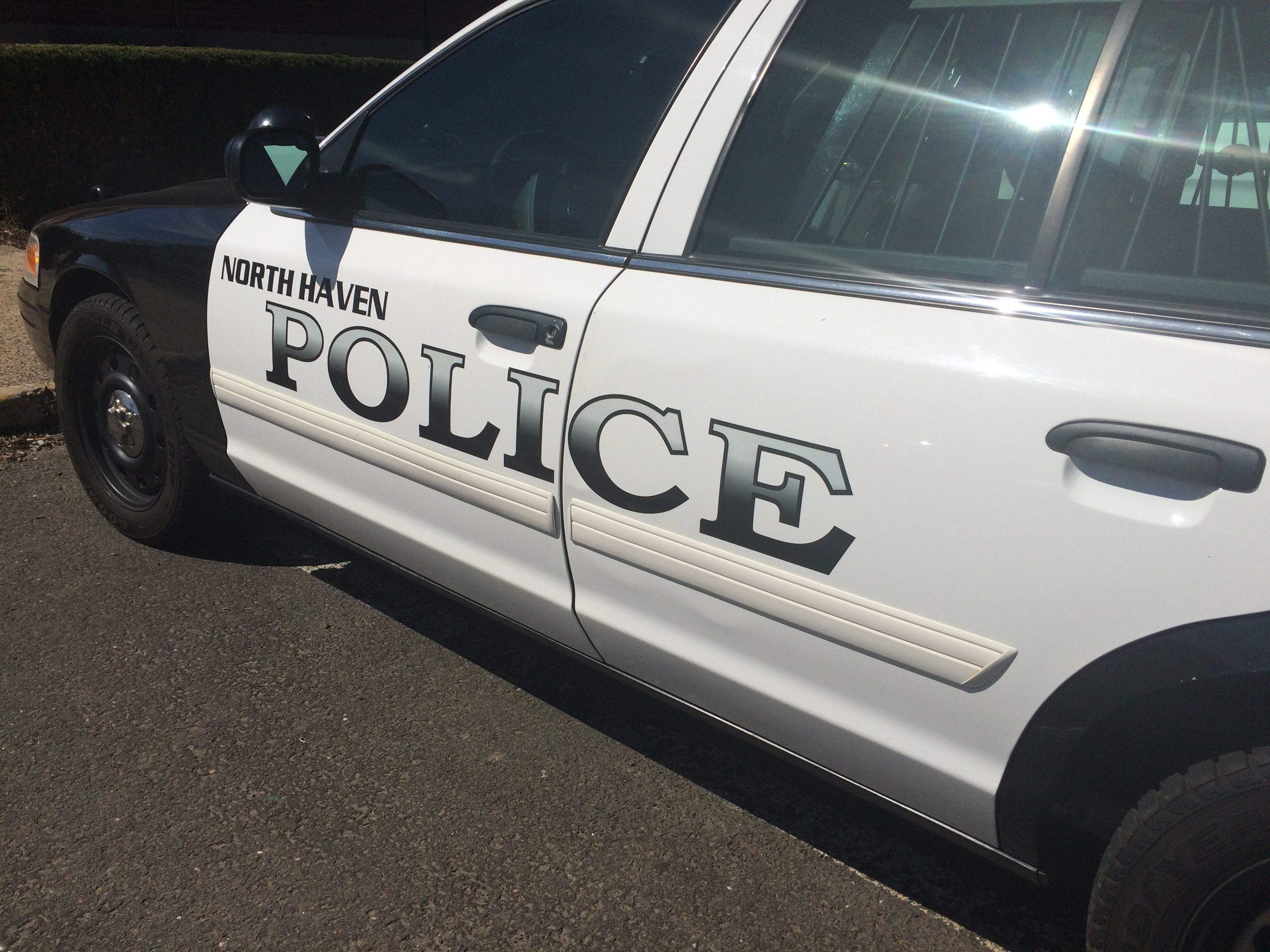For over a century, tobacco has been a major crop grown in Connecticut, but now many farms are moving away from this once desirable product.
“The market for tobacco has shrunk greatly as people smoke much less, and particularly the area near Bradley Airport and 91 there’s a lot of development pressure for new development other than farming,” said Christopher Wigren, deputy director of the Connecticut Trust for Historic Preservation.
In the 1900s, tobacco became a cash crop in the Connecticut River Valley because of the ideal growing conditions the area provides.
“The Connecticut River Valley was great for growing tobacco because the soil was very fertile and close to cities and transportation networks,” Wigren explained. “Immigrants could come and man the farms.”
Over the years, the booming industry brought in labor from all over the world.
“Immigrants from other countries, workers from Puerto Rico and in the 1940s college students from the south from African-American colleges, including Martin Luther King Jr. came to pick tobacco in the Connecticut River Valley,” Wigren said. “It’s sad to lose these tobacco sheds and fields they are a part of the whole landscape, which is such a special place for Western Massachusetts and Connecticut.”
As shade tobacco sheds are being demolished, a different type of tobacco production is thriving not too far away.
Local
“We grow about 25 acres Connecticut broad leaf tobacco,” said Corrine Bordua, retail manager at Bordua Farms in South Windsor.
As sheds are torn down in Windsor, brand new ones are built in South Windsor to keep up with the demand for broad leaf tobacco, an artisan variety that is used in cigar wrappers.
“The taste of the tobacco grown here can’t be replicated anywhere else, so it’s very desirable to a lot of the upscale cigar industry manufacturers,” Bordua continued.
OJ Thrall Inc. has owned the Windsor land for 373 years, but they declined to interview with NBC Connecticut.



